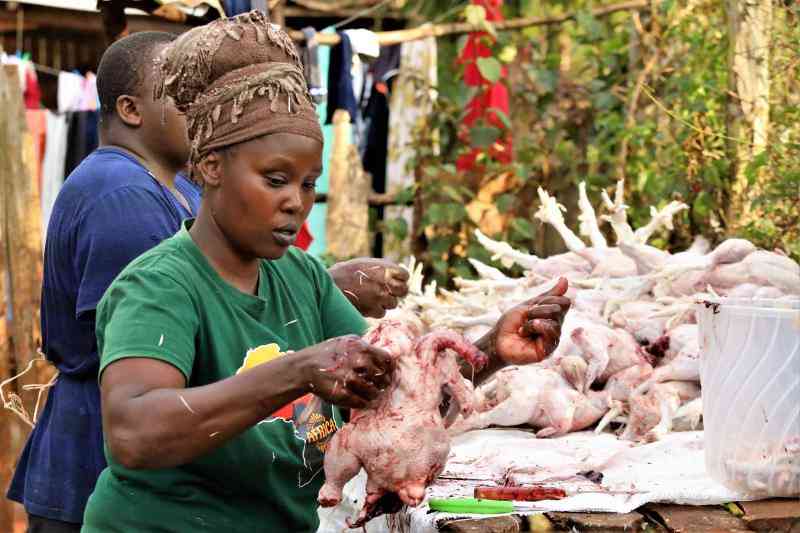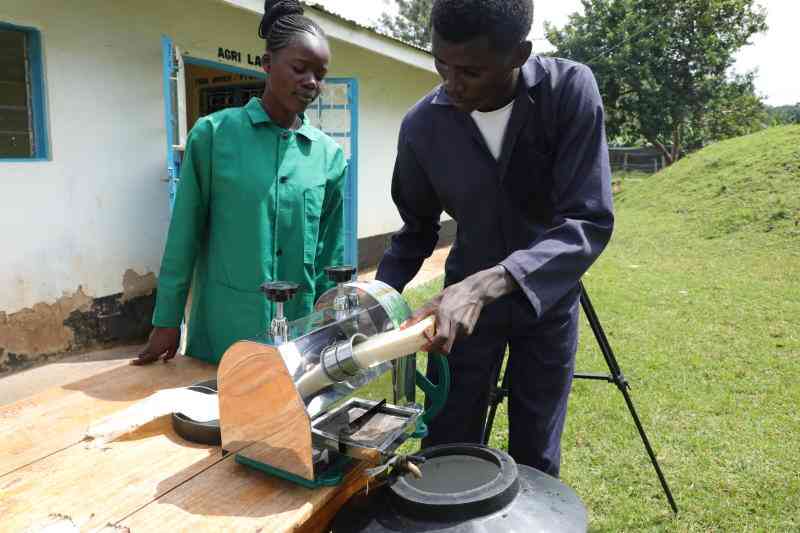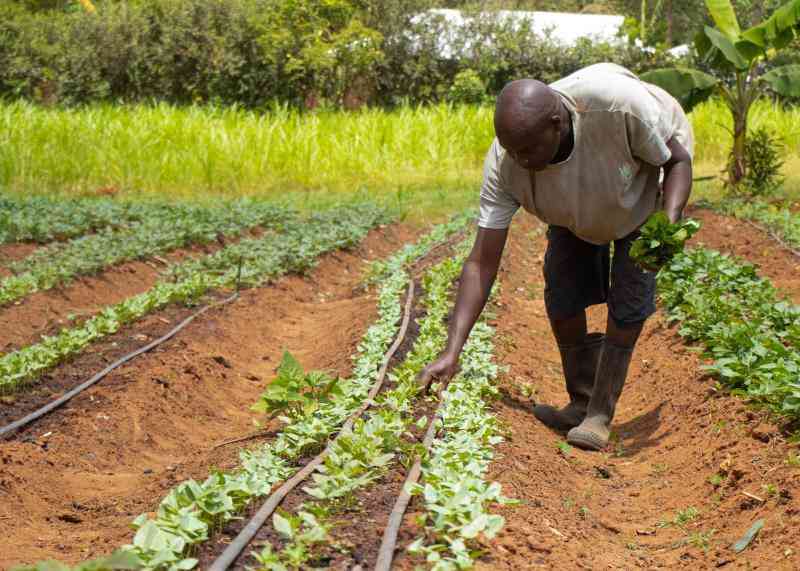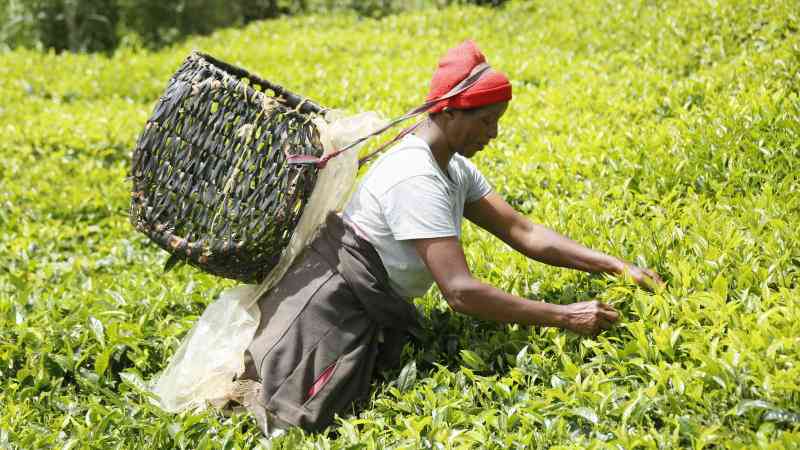It is ironical that though agriculture is the backbone of the economy, the subject does not exist in the primary school curriculum. Even in secondary schools, it is an optional subject, not accorded the attention that it deserves.
Wanambisi Wanjala, an Agriculture teacher at Minyenga Secondary School in Migori County, laments that recently the subject had its lessons reduced from 5 to 4 for Form Three and Four students while their counterparts in Form One and Two had them reduced from four to three per week. Double lessons which are essential for practicals were scrapped all together.
Her colleague, Esther Kariuki, at Murang’a High School adds that the examination setting pushes students to other technical subjects such as Business Studies and Home Science. In section A, for instance students have to answer 60 questions to earn 30 marks while in other subjects each answer carries a full mark. The message the education policy makers are sending is that Agriculture is not important as a subject and a career.
In developed countries like the UK and USA students visit local farms to learn and appreciate where their food comes from. In our case, this would not be necessary as farming takes place almost in every home. Actually, we should change the name of the subject to Agribusiness and ban school farm punishments which depict the subject or career as ‘backward.
In a recent survey by Manpower, it was observed that fewer students are taking agriculture related courses in tertiary institutions compared to other subjects. This begs the question, why would a student take a subject that they lack a thorough introduction?
Studying agriculture at an early age will make the pupils appreciate the role of agriculture in the economy, arouse further interest in the subject and lead to furthering education in the area.
Tech savvy generation
The government ought to make deliberate efforts to increase the enrolment of young people to agriculture courses. This tech savvy generation could harness technology and revolutionise entire food systems from production, post-harvest handling and marketing.
As a parliamentary candidate in the August 2017 General Election, I piloted the idea of school farms in one of the driest wards, Kambiti in Murang’a. This was an extension to the Maragua Mentorship Programme, where we motivated pupils to work hard. We trained upper primary pupils on global goals for sustainable development.
We donated quality vegetable seeds for school farms which normally do well in the area. The idea was to spark some interest in agriculture. The produce could also be used to supplement school feeding programmes in the area.
According to World Bank, growth in agriculture sector is four more times effective in reducing poverty compared to other sectors. The figure could be eight times or higher in sub Saharan Africa.
Policy makers are blaming youth shying away from agriculture and seeking white collar jobs only. This is placing the cart before the horse.
Indeed, Agriculture remains the surest path to prosperity for Africa and with the youth comprising 65 per cent of the population, they are a key resource that if well tapped could be the difference between success and failure. With the death of 4K clubs in schools and food security and nutrition being among top agendas locally and globally as laid out in the Sustainable Development Goals and Big Four Agenda, it’s time to reintroduce agriculture as a compulsory subject in both primary & secondary schools.
[The writer is the Founder Agriculture First Ventures and a public policy enthusiast]
Want to get latest farming tips and videos?
Join Us
 The Standard Group Plc is a multi-media organization
with investments in media platforms spanning newspaper print operations,
television, radio broadcasting, digital and online services. The Standard Group
is recognized as a leading multi-media house in Kenya with a key influence in
matters of national and international interest.
The Standard Group Plc is a multi-media organization
with investments in media platforms spanning newspaper print operations,
television, radio broadcasting, digital and online services. The Standard Group
is recognized as a leading multi-media house in Kenya with a key influence in
matters of national and international interest.
 The Standard Group Plc is a multi-media organization
with investments in media platforms spanning newspaper print operations,
television, radio broadcasting, digital and online services. The Standard Group
is recognized as a leading multi-media house in Kenya with a key influence in
matters of national and international interest.
The Standard Group Plc is a multi-media organization
with investments in media platforms spanning newspaper print operations,
television, radio broadcasting, digital and online services. The Standard Group
is recognized as a leading multi-media house in Kenya with a key influence in
matters of national and international interest.







